Carolyn J. Rose Interviews Elizabeth Lyon
I will move mountains and earth–or at least share a post in the last few days before I leave on book tour–to have Elizabeth Lyon on my blog. Elizabeth’s book, The Sell Your Novel Toolkit, was instrumental in my learning how to write a query, a synopsis, and land an agent lo those many years ago. I recommend it at every workshop I give. Elizabeth has a way of drilling down to the core of what a writer needs to do and elucidating things, and she does the same in her latest release, which will help writers come up with a title for their books. Why are titles important? Well, they may compel an agent to take a second look at a query, an editor at a submission, or a reader a book on a shelf. But Elizabeth can tell you better than I! Here she is interviewed by indie mystery writer and friend, Carolyn Rose.
Mystery writer Carolyn J. Rose took a writing course from Elizabeth 25 years ago and they’ve been friends ever since. Carolyn recently interviewed Elizabeth about her second booklet, Crafting Titles.
What made you decide to write Crafting Titles?
My editing clients, friends, and even published novelists I know often choose ineffective titles and they don’t know how to find good ones.
Besides just putting in the research and seat time, what was the biggest challenge in writing the booklet?
I had to take into account all types of stories across all genres, and explain why a writer should choose a character name, a place, a snippet from the story, an image, or another combination for his or her title. Including all literature, present, past, and future was overwhelming.
Why is finding “the right title” so important?
A great title grabs reader attention. A weak title invites dismissal without a second look. Every novel can have many good titles, but the best ones capture the essence of a novel and give a tip-off to the genre. A title is a beacon drawing its ideal reader.
Can you give us some examples of authors who considered a title that would not have been as powerful as the one they went with and explain why the final choice was the best?
Mistress Mary is a strong character, but The Secret Garden is a place of transformation, discovery, and magic, a place where new life begins. “Secrets” entice readers to find out what they are. The Dead Undead is confusing; Dracula is singular force, the prime mover of the story, and a unique name that makes the tongue curl.
What are some classic titles that stand out for you as really doing the job? And what are some you feel fell short of the mark?
This is a trick question, right? We’ve practiced the titles of classics so many times, no other title sounds right. War and Peace is blah, a placeholder lacking imagination. Yet Tolstoy’s working title, The Year 1805, is worse. Perhaps for the same reason, I don’t like Cormac McCarthy’s title The Road. But then, it is as bland as the novel is bleak. You’d think that I’d like Gone with the Wind. I understand the symbolism, but if Mitchell wrote her novel in 2015, I think the better title would be Scarlett.
Classic titles that do the job? Mark Twain’s The Prince and the Pauper for the theme of social class conflict and the pleasant alliteration. Ray Bradbury’s Something Wicked This Way Comes for a poetic line from Macbeth that totally describes the evil that invades a little town. The Heart is a Lonely Hunter by Carson McCullers reaches inside me and makes my heart ache. Heller’s Catch-22 because it transcended the novel to enter our language as a problem with no good solution, a damned if you do, damned if you don’t.
How might genre or the audience you’re aiming at affect your choice of a title?
Most titles have keywords that are Morse code to the reader, and often signal an emotion common to the genre. For instance, Sweet Kisses is going to be a romance, possibly Y/A, with no sex. Kiss the Girls and Make Them Cry is a thriller. The Autumn of Sweet Kisses is likely mainstream or historical women’s fiction. Changing the title channel, The Last Mortician is not a book I would read at bedtime, nor is Bad Blood Brother.
If you had to choose between two titles, how would you do it?
Assuming I’ve gone through the process of elimination in Crafting Titles and narrowed my list of contenders down to two, I’d choose the one that packs the most emotion and creates the most curiosity.
What aspect of novel craft will you tackle for your next booklet?
Before I make a decision, I’d like to hear from writers regarding the aspects of craft they’d like to learn more about and why. Imagery? Plotting? Point of View? Characterization? Something else?
I hope Jenny and those who read her blog will share their views and guide me toward a topic.
Elizabeth Lyon has been a book editor since 1988. She is the author of several best-selling books, including Manuscript Makeover. Last year she launched a booklet series beginning with Writing Subtext.
Carolyn J. Rose is the author of the Subbing isn’t for Sissies series and the Catskill Mountains Mysteries . She grew up in New York’s Catskill Mountains, graduated from the University of Arizona, and spent 25 years as a television news researcher, writer, producer, and assignment editor. Her interests are reading, gardening, swimming, and NOT cooking.

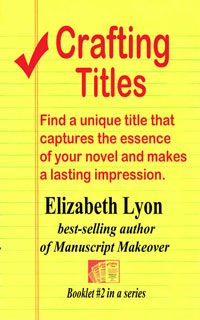

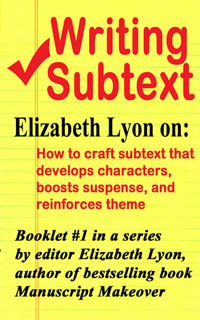
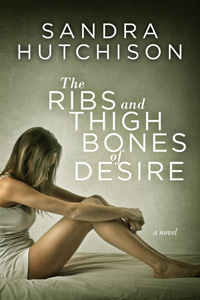
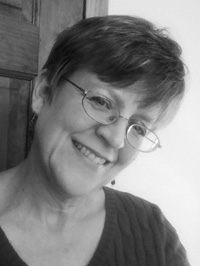
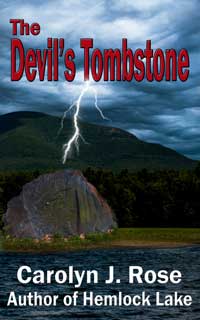
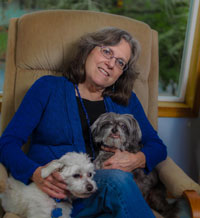
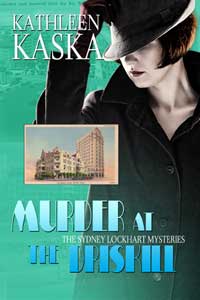
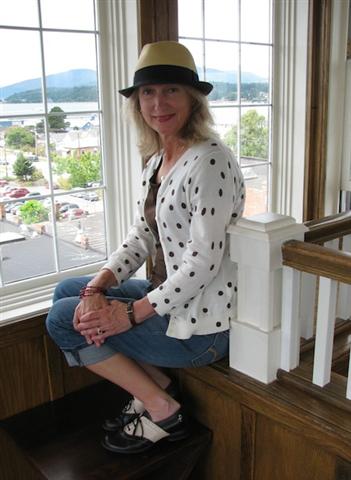
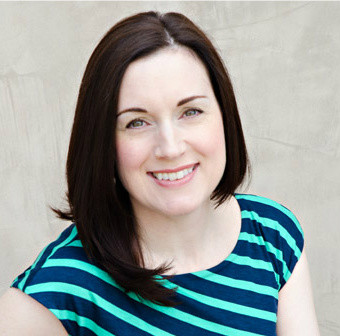
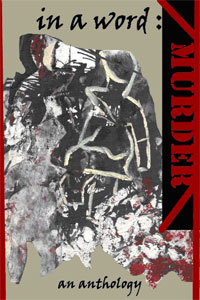
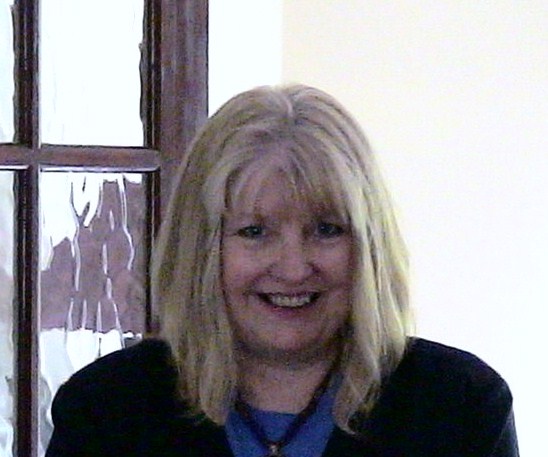
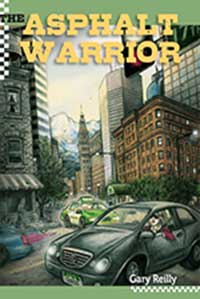

 Poetry on every poetry. We’re in the Presidio, in San Francisco, and Private Palmer is waiting orders to ship out to Vietnam. All he wants to do is drink beer and avoid “shit details.” Nearly 100,000 words of raw honesty. Gary drew on his own experiences (he served as an MP in Qui Nhon) and The Enlisted Men’s Club takes you smack back to the mood and the feeling of that messy political era.
Poetry on every poetry. We’re in the Presidio, in San Francisco, and Private Palmer is waiting orders to ship out to Vietnam. All he wants to do is drink beer and avoid “shit details.” Nearly 100,000 words of raw honesty. Gary drew on his own experiences (he served as an MP in Qui Nhon) and The Enlisted Men’s Club takes you smack back to the mood and the feeling of that messy political era.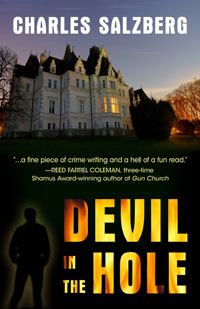
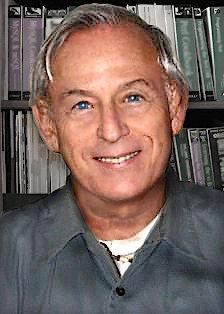
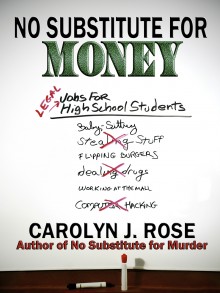

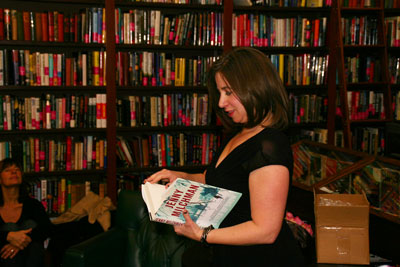 Thus was born the Made It Moments forum. Over 275 authors have to date answered the question, “How did I know I’d made it?”
Thus was born the Made It Moments forum. Over 275 authors have to date answered the question, “How did I know I’d made it?”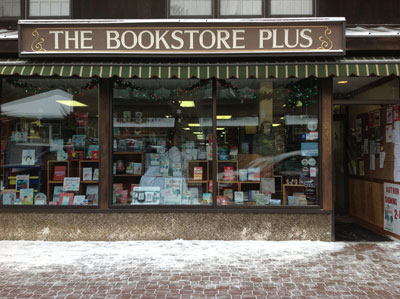 What have I done? I’ve launched. Like birds leaving the nest and six year olds starting school and marathoners getting to the starting line, I now have something that I can bring to you, that I can try to do myself.
What have I done? I’ve launched. Like birds leaving the nest and six year olds starting school and marathoners getting to the starting line, I now have something that I can bring to you, that I can try to do myself.


